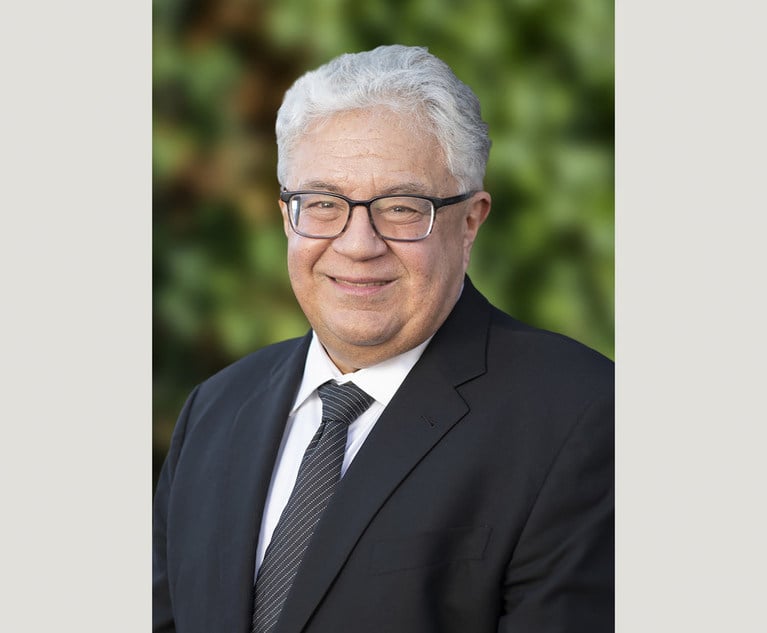In January 2017, the Obama administration, in its waning days, introduced the International Entrepreneur Parole (IEP) program, which would allow the Department of Homeland Security to exercise its parole authority and grant a temporary stay period to entrepreneurial foreign nationals who are coming to the United States to develop promising startup businesses that have strong economic and job-creation potential. The proposed rule initially excited many in the startup community, but their elation was short-lived. Due to various political and legal reasons, the IEP program was suspended before its proposed effective date and had been on hiatus until it was eventually reinstated by the Biden administration in June 2021.
In summary, an applicant of the IEP program will be paroled into the United States for an initial period of up to 30 months. During this period, the applicant will be allowed to apply for work authorization and work for their startup business. The spouse and children of the applicant may also be eligible for parole, and the spouse can apply for work authorization in the United States. To qualify for the initial 30-month parole, the applicant must have substantial ownership (10%) in a startup entity that was created in the United States within the past five years and must play an active role in the business. Further, the startup business must have secured at least $250,000 from one or more qualified investors, or at least $100,000 through one or more qualified government awards or grants. To qualify for a 30-month extension, the applicant will have to show that he continues to maintain substantial ownership (5%), play a central role in the business, and that the business has received an additional $500,000 qualified funding, created five jobs, or demonstrated rapid growth.


 F. Oliver Yang, Klasko Immigration Law Partners
F. Oliver Yang, Klasko Immigration Law Partners




